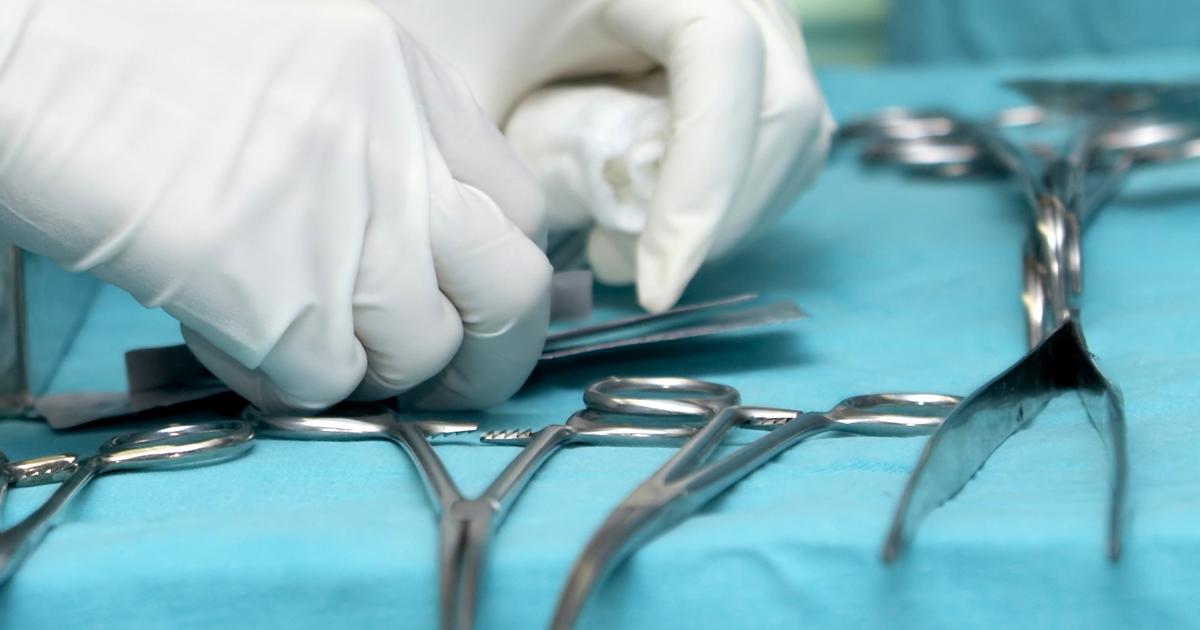Have An Overactive Bladder? You Aren't Alone And There Is Help
Operations To Treat Incontinence

Individuals who choose to undergo surgical operations to treat incontinence may experience an overactive bladder following the operation. This complication can occur when the procedure causes injury to blood vessels, nerves, or the bladder itself, which can interfere with its nerve signaling and urine capacity. Some operations to treat incontinence involve the installation of a surgical mesh sling. The sling can erode through neighboring tissues in some individuals, which can result in permanent damage to blood vessels, nerves, and the bladder itself. This damage from surgical mesh can cause the affected individual to have new or worsened symptoms of an overactive bladder.
While most anti-incontinence surgical procedures have a relatively high success rate, complications are always possible. It is imperative that all factors are taken into consideration when deciding to undergo surgical treatment for incontinence, including age, health status, symptom severity, lifestyle, medical history, additional problems involving the pelvic and abdominal regions, and the underlying cause of the condition. Careful planning can help minimize the risk of experiencing post-operation complications like an overactive bladder.
